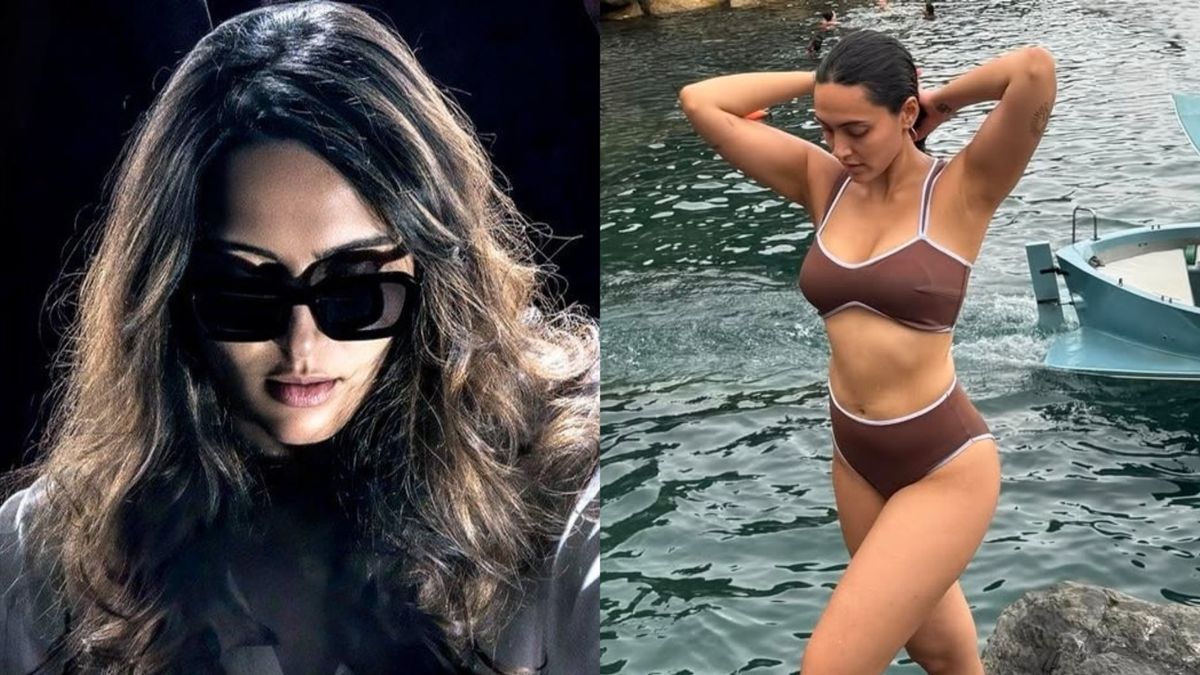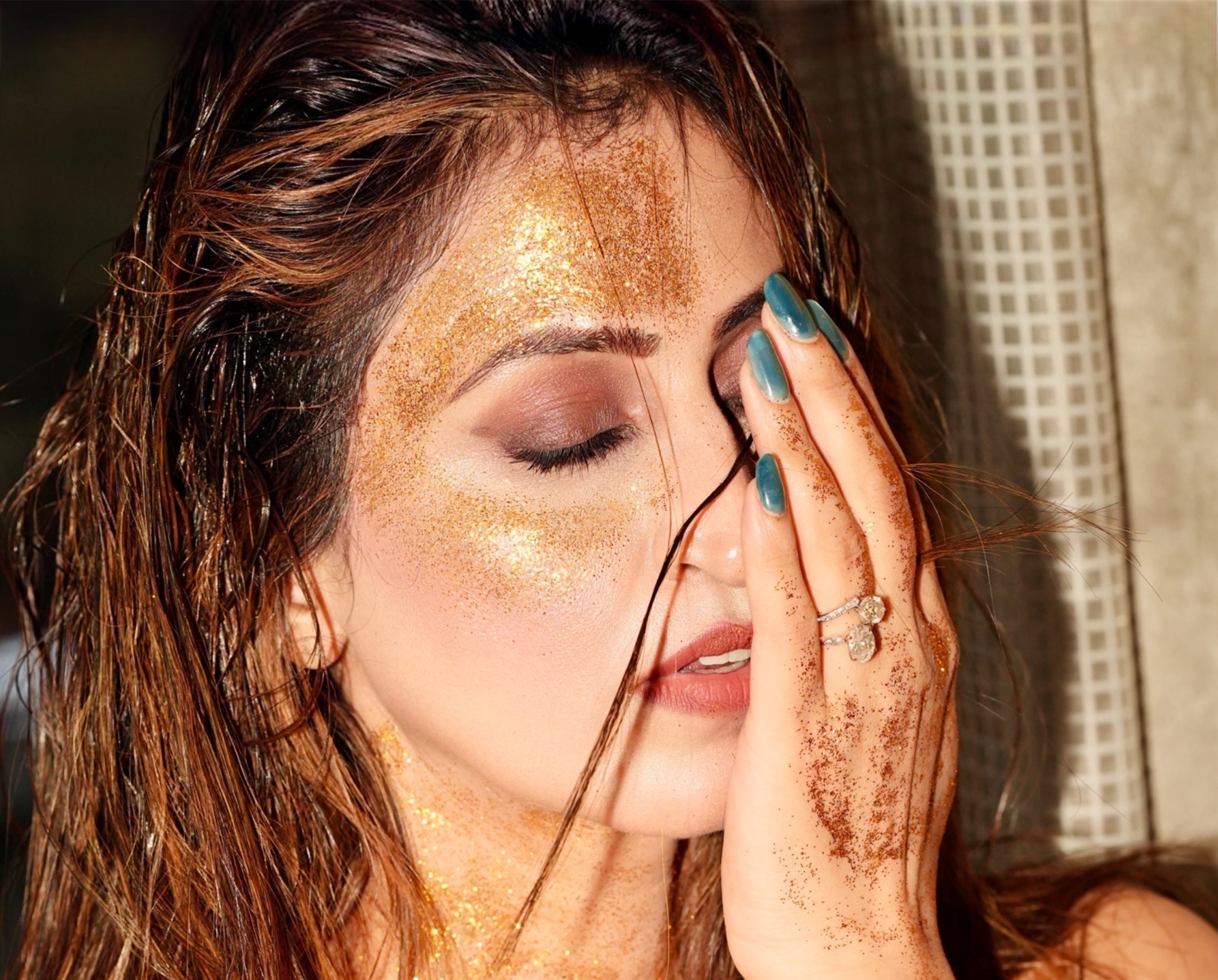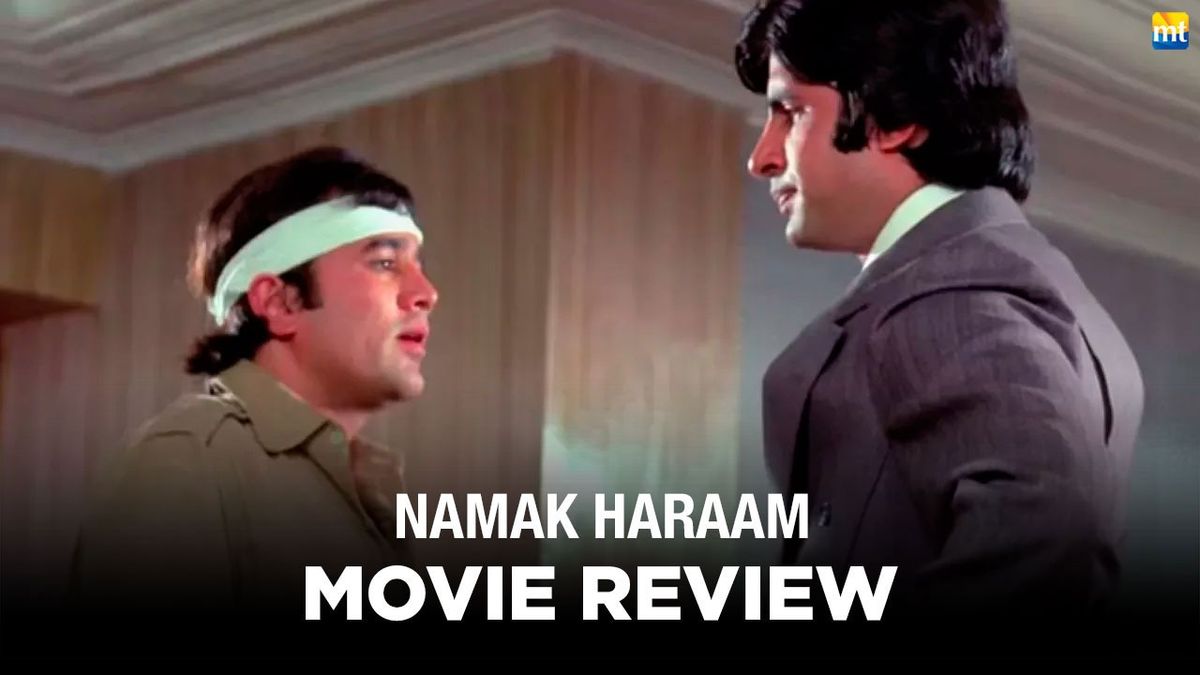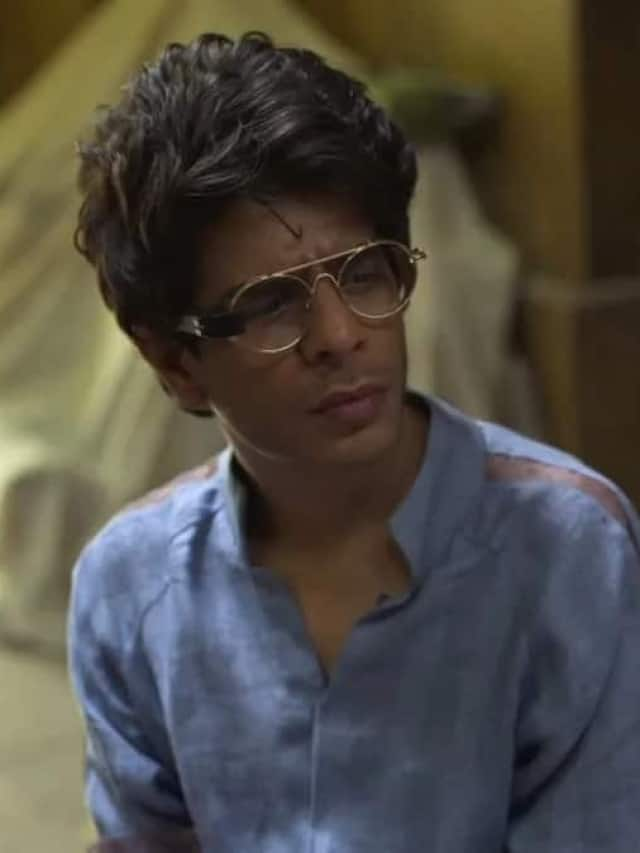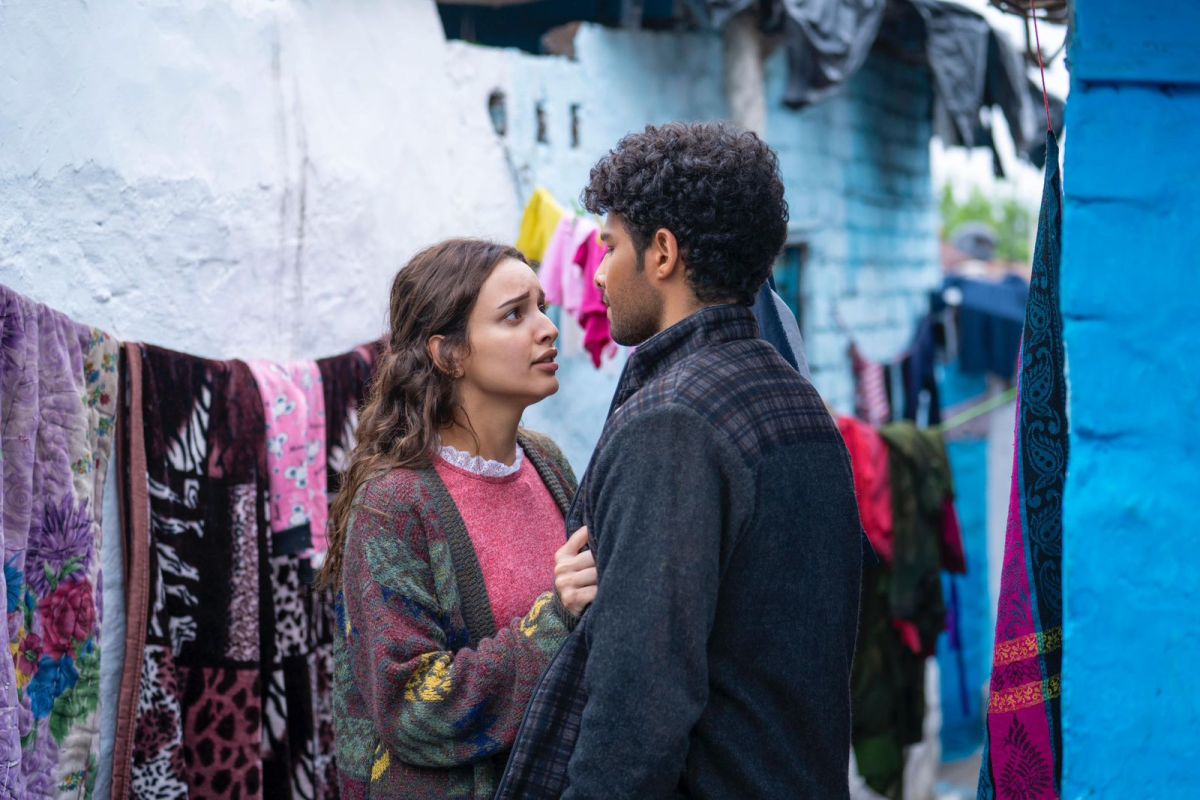
Echoes of Dhadak, shadows of Pariyerum Perumal – Beyond Bollywood
Director Shazia Iqbal and producer Karan Johar get a bit carried away with the film’s activist streak, even though the Dhadak franchise has primarily been a love story.
Rating: ⭐️⭐️ (2 / 5 )
By Mayur Lookhar
Dhadak! Now here’s a franchise that stands out, simply because both its films are remakes. The first, directed by Shashank Khaitan, was the Hindi adaptation of Nagraj Manjule’s Sairat (2016). Now, Dhadak 2 takes inspiration from Mari Selvaraj’s powerful Tamil film Pariyerum Perumal (2018).
Bollywood and remakes – wait, don’t roll your eyes just yet. Some stories need to travel. And Pariyerum Perumal is one of them. Its core – the layered take on caste, discrimination, and dignity – deserves to be told across India. What was that line from Swades (2004)? “Jo kabhi na jaati, woh hai jaati.” From South to North, East to West, caste has been a deeply rooted reality of Bharat, and sadly, it still lingers today.
Production designer Shazia Iqbal directs her first feature. The adapted screenplay is written by Rahul Badwelkar and Iqbal.
Story
Neelesh Ahirwar (Siddhant Chaturvedi), a Dalit boy in Madhya Pradesh, gets admission to a top state law college. There, he becomes friends with Viddhi Bharadwaj (Triptii Dimri), who enjoys his honest, grounded company. There’s a spark between them, but it’s hard to tell if it’s love or just a close bond. Either way, their growing closeness doesn’t sit well with Vidhi’s family, especially her cousin Ronnie, who’s also in their class.
Feeling the pressure, Neelesh distances himself from Viddhi. But Ronnie doesn’t stop troubling him. The real battle, though, is within, should he walk away or stand up for himself?
Screenplay & Direction
Dhadak 2 doesn’t tinker with the original plot, but opens up the caste discrimination conversation to a wider space.
“When injustice becomes law, resistance becomes duty.” The film opens with this line, hinting at the fight that lies ahead. Shazia Iqbal and Badwelkar do a good job bringing out the injustice at the heart of the story. But Dhadak 2 also shows how people lose the battle when they are scared of their roots. In his very first class, Neelesh freezes up when asked about his surname – he knows it’ll give away his caste. The quota system, while helpful, comes with its own weight. Many who benefit from it spend their college years staying invisible. The strongest Dalit voice in the film comes from Shekhar, an older student and leader of a Dalit party. Neelesh wants nothing to do with politics, but it’s Shekhar who stands up for reservation. He reminds everyone that while the privileged had generations to study and rise, he’s the first in his family to ever step into a college.
The scenes around student politics, even a sly dig at Arvind Kejriwal, might make some wonder if Dhadak 2 is leaning into a nationalist agenda. Others may read it as a nod to the Left. These are the kind of subjects that often risk being labelled anti-community. But Iqbal and Dharma Productions manage to keep things balanced while tackling the deep-rooted caste divide. In the past, this legacy studio, under Karan Johar, mostly told stories of the elite. With Dhadak (2018), it took a step towards democratizing its cinema. Dhadak 2 goes further, more boldly embracing the call for social justice.
While laws exist to prevent discrimination, you still wonder why Shazia Iqbal opens the film with the line, “when injustice becomes law.” Maybe because caste oppression continues, despite laws in place. A law college setting is perhaps Dharma’s way of pushing a message of social justice. But in doing so, the film seems to forget that Dhadak (2018) was, at heart, a love story. Iqbal doesn’t dive into that much, nor does she fully commit to the rebellious thread either. In the end, this so-called spiritual sequel carries only faint echoes of Shashank Khaitan’s Dhadak, and fails to step out of the shadow of Periyerum Perumal.
It’s not that the film isn’t engaging, it is, but more because of certain powerful scenes that pull you in. The writing, especially the dialogues, does its bit. A few lines stay with you, like when Neelesh’s mother Beena (Anubha Fatehpuria) tells him to “listen with your head, but speak from the heart.” Or when Neelesh says to Viddhi, “Shahron mein toh taare bhi darte hain.” It’s a striking line, one that doesn’t need any follow-up explanation, though Iqbal adds one anyway. The caste conflicts, debates are handled with care.
Acting

Siddhant Chaturvedi has mostly impressed in his career so far. It’s always noteworthy when a Brahmin actor takes on the role of a Dalit on screen. Chaturvedi gets the look right – the lean frame, the darker tone – and he does a good job capturing Neelesh’s inner fears and insecurities. But in the heavier moments, especially those around discrimination and despair, he comes off as trying a bit too hard. This reviewer has seen him in Gully Boy (2019), Gehraiyaan (2022), and Kho Gaye Hum Kahan (2023) – he was flawless in all three. Having played an underdog before in Gully Boy, expectations were naturally high for Dhadak 2. But here, Chaturvedi only convinces in parts.
Triptii Dimri is a powerhouse of talent too. But it’s a bit disappointing that the story gives her so little to work with. As mentioned earlier, the Neelesh-Triptii dynamic gets buried under the film’s activism arc. What makes it harder is the clear lack of chemistry between Dimri and Chaturvedi – their connection feels staged right from the start. That said, Dimri’s final outburst is powerful enough to shake you.
Opinions may be divided over the protagonists, but there will likely be agreement that Iqbal’s antagonists are all well cast and deliver strong performances. Saad Bilgrami, a relatively unknown name, is a revelation as Ronnie, Viddhi’s vile cousin. Harish Khanna also stands out as Viddhi’s father, Arvind. While he disapproves of his daughter’s bond with Neelesh, he doesn’t come off as entirely villainous. In fact, he’s the first to condemn the brutal violence – especially the disturbing scene where goons urinate on Neelesh. Abhay Joshi, playing Viddhi’s uncle Prakash, is chillingly convincing in his portrayal of a deeply prejudiced man.
It’s a family of lawyers, but their thinking is shaped by generations of prejudice. The real surprise is how Viddhi didn’t absorb any of it.

The one who’s pure evil here is Saurabh Sachdeva’s Shankar, an unassuming man who believes his cold-blooded killings are somehow a service to his community.
Also, a word of praise for Birju, the pooch, Neelesh’s guardian angel. Let’s not forget Periyerum Perumal’s Karupi either.
Music / Technical Aspects
While the number of songs in films has gone down over the years, a Dharma film rarely misses when it comes to music. Dhadak 2 features just four tracks, but it has four lyricists, four composers, and six singers. Preet Re, sung by Darshan Raval and Jonita Gandhi, is a charming romantic number, while Arijit Singh’s Duniya Alag, which plays at the end, is a beautiful, lingering melody.
The film’s intense plot leaves little room to dwell on atmospherics, but Neelesh’s modest world is captured finely through Sylvester Fonseca’s lens.
Final word
With Dhadak, Dharma Productions made its intent clear – to explore love stories tangled in caste divides. There’s no shortage of such stories in India, but if Karan Johar plans to take the franchise forward, here’s hoping we get original tales, not just remakes.
Well, it may seem inappropriate to bring this up, but if Bollywood highlights discrimination on screen, one would hope that intent also reflects at media press conferences, where front seats are often reserved for the privileged lot, mics handed to the usual few, and selected invites follow an unspoken hierarchy. At the end of the day, objective voices aren’t defined by brand names, subscribers, or social media following.
Publisher: Source link
